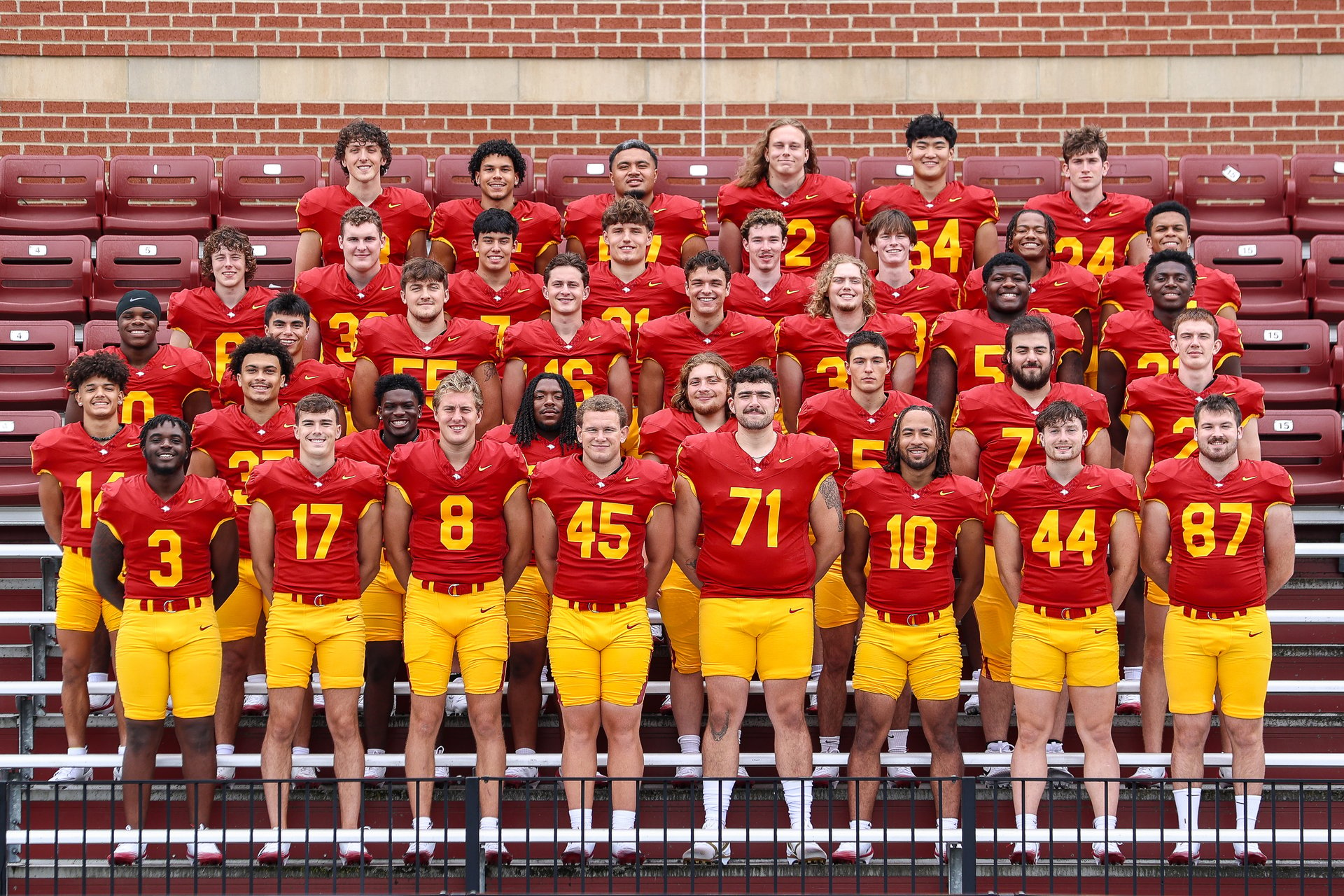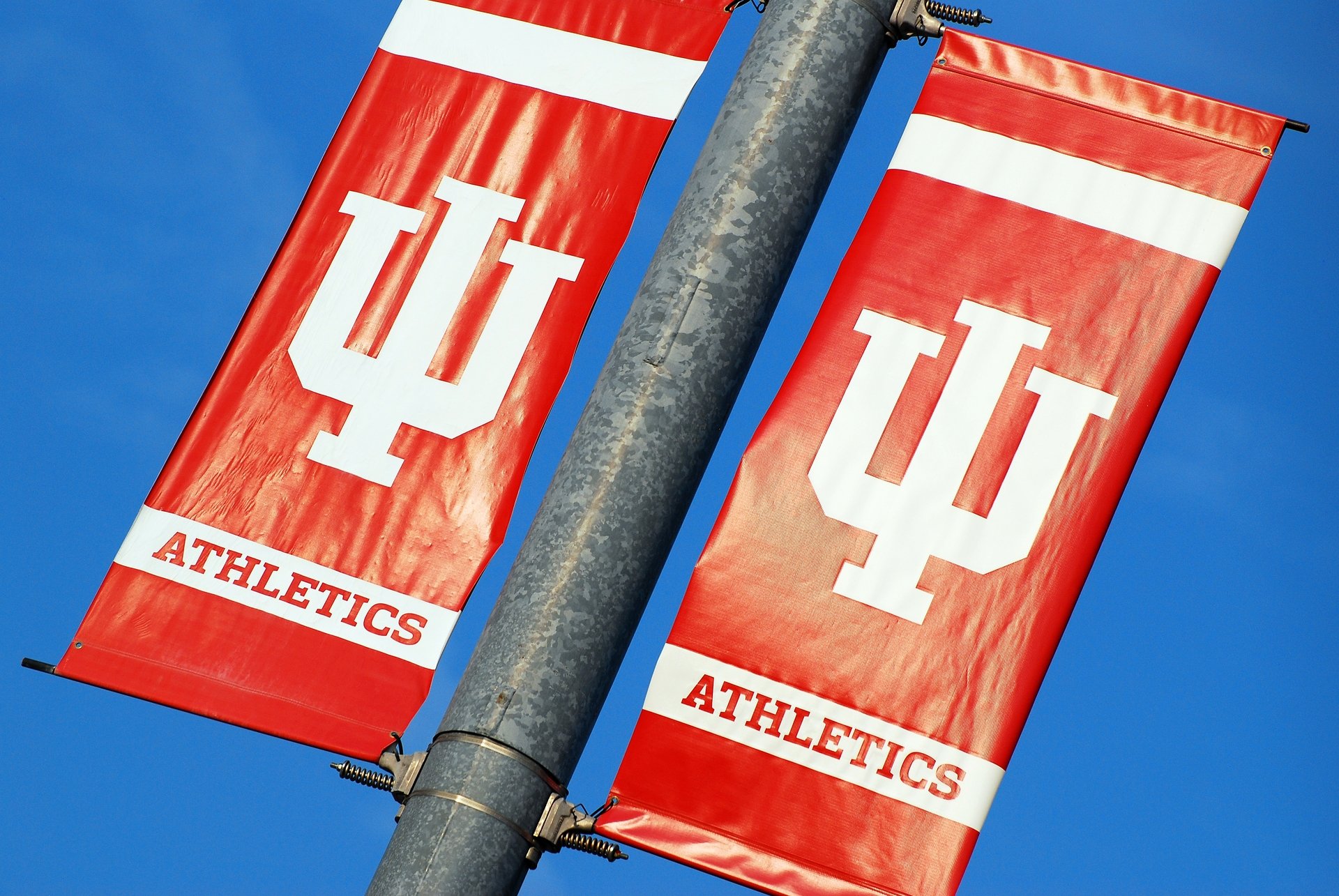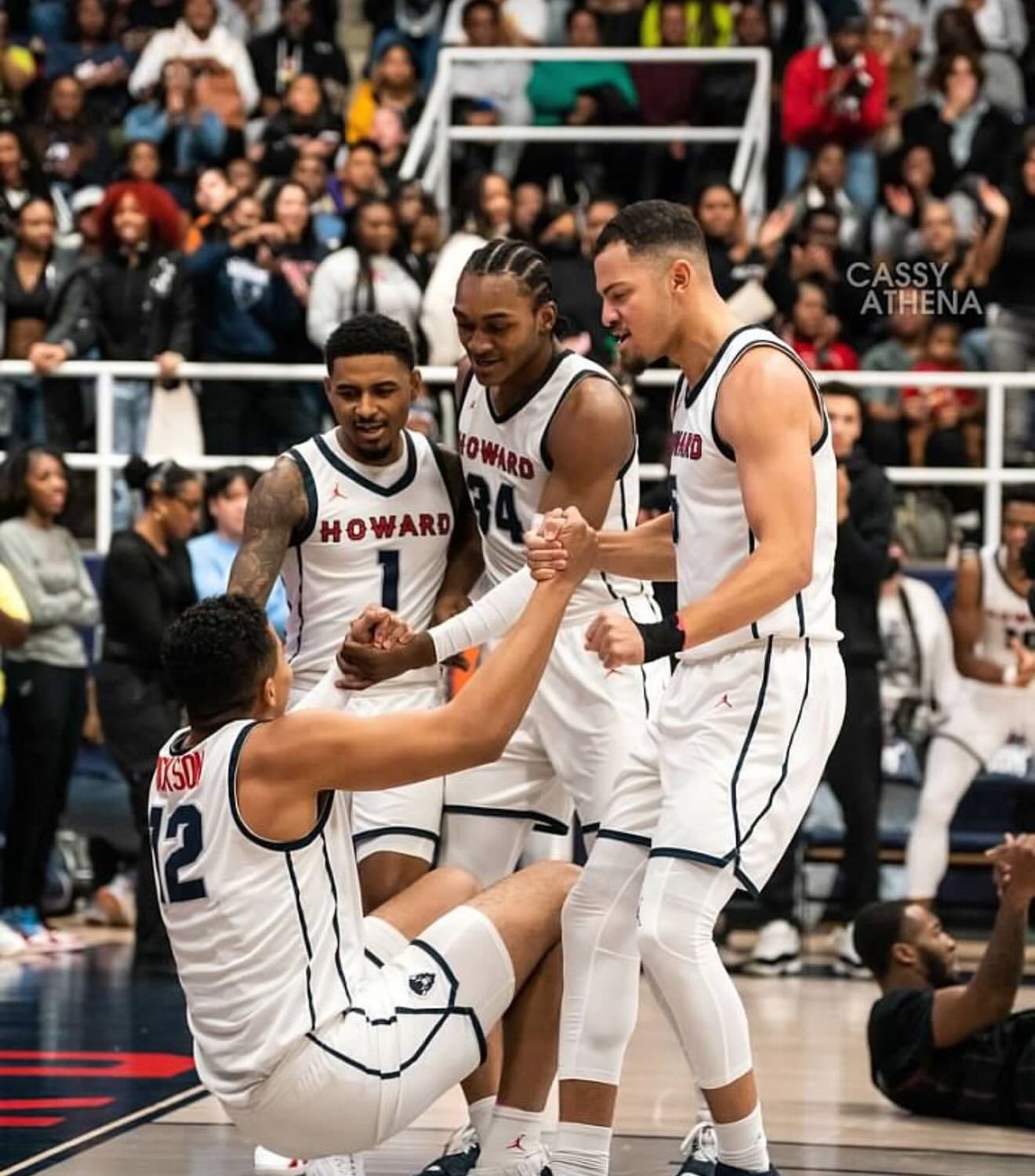Good morning, and thanks for spending part of your day with Extra Points.
I love going to games in person, but I have to admit, there really is something special about plopping down on my couch, cracking open my laptop (and perhaps a beverage or two) and then watching college football for 10 hours straight.
Sadly, this behavior has plenty of negative side effects. I eat more nachos than a 38-year-old man with weight loss goals should. I usually fall asleep before the Hawaii game. And it means I’m going to get stuck watching the same commercials a lot.
Doug the Pug? I’ll see you in hell.
But beyond the typical avalanche of health insurance, beer and automative ads, college football fans also saw something new: this ad spot urging fans to support amending the Sports Broadcasting Act in an effort to Save College Sports.
The gentleman in the ad is Cody Campbell, former Texas Tech football player, current Texas Tech Board of Regents chair and exceptionally rich person.
If my DMs are any indication, a lot of people are wondering just who is this fella, and why does he want me to have a strong opinion about antitrust legislation from the early 1960s? What does that have to do with college football?
Well … a lot, as it turns out. Let met try to explain.
What is the Sports Broadcasting Act of 1961, and why is anybody talking about it right now?
Once upon a time, if professional football teams wanted their games to be broadcast on television, they’d have to negotiate their own agreements with local stations. This could be great news if your favorite team was say, the New York Giants or the Philadelphia Eagles, since they were very good teams in major TV markets. But if you loved a team in a smaller market or you were the NFL league office, that wasn’t a great system.
As Robert DiGisi, the founder of Iron Horse Marketing and a lecturer in sports management at Wharton, pointed out to me, the NFL was also motivated by the rival AFL’s TV deal in 1960. The AFL contract was the first cooperative broadcast contract in professional football.
The NFL wanted to negotiate a nationwide agreement with CBS that would include all NFL teams, as well as the flexibility to create “blackout” rules that limit competition in certain markets (since the NFL didn’t want Browns fans to stay home and watch the Giants play the Packers on TV). A federal judge believed such an arrangement would violate antitrust laws, so Congress wrote an exception. The Sports Broadcasting Act specifically permits certain kinds of joint broadcasting agreements across professional sports, with some exceptions.
The SBA does not require professional sports leagues to sell broadcast rights this way, but it does allow it. It also specifically only applies to “organized professional team sports of football, baseball, basketball, or hockey” … so not college sports. This is also the law that allows for professional sports to “blackout” broadcasts in some markets.
What are some potential reasons to amend or revisit the Sports Broadcasting Act?
Setting aside Campbell’s specific campaign (we’ll get to that in a second), I think reasonable people across the political spectrum could look at the current SBA and wonder if it should be revisited.
Just as a practical matter, 1961 was a long time ago. Consumers typically only had access to a handful of channels, cable TV barely existed, and ESPN, the internet and streaming broadcasters were all decades away. Perhaps it’s worth revisiting how one defines market-controlling behavior in a world where consumers can actually watch more than one football game at a time. If your only channels were CBS, NBC, ABC and whatever UHF station you could catch, monopoly power could be defined very differently.
“This law was not written in a way to anticipate sattelites and cable TV, let alone streaming,” DiGisi said.
There’s also the question of protecting high school and college football.
Subscribe to Premium to read the rest.
Become a paying subscriber of Premium to get access to this post and other subscriber-only content.
UpgradeA subscription gets you:
- FOUR newsletters a week
- Access to every single article in our archives
- Access to Athletic Director Simulator 4000
- Free digital copy of the What If? ebook
- TWO MONTHS FREE compared to monthly pricing



















